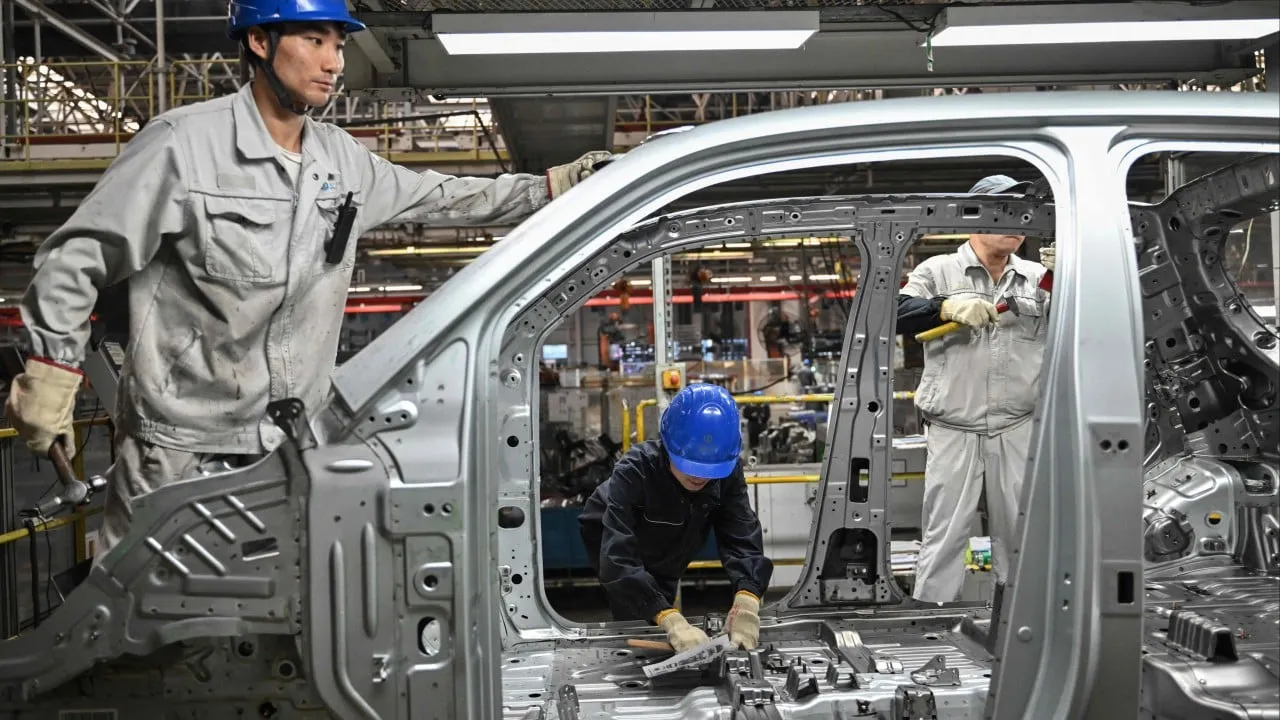BYD, Xpeng, Leapmotor, and Others Report Record Sales Amid Government Subsidies

Four major Chinese electric vehicle (EV) makers reported record monthly sales in October, buoyed by surging domestic demand, even as they grappled with barriers to overseas growth amid punitive tariffs levied by the European Union (EU).
BYD, the world’s largest EV assembler, sold 502,757 pure-electric and hybrid EVs last month, up 66.5 percent year on year and 19.8 percent compared with September, the company said in a statement filed to the Hong Kong and Shanghai stock exchanges on Friday. It was the fifth consecutive monthly record for the Shenzhen-based company backed by Warren Buffett’s Berkshire Hathaway.
Most of BYD’s EVs were sold to domestic customers, with only 31,192 units, or 6.2 percent, delivered abroad. Xpeng, well known for its autonomous-driving technology, handed 23,917 EVs to mainland customers in October, rewriting its sales record for the second straight month as deliveries beat September’s by 12 percent.
Leapmotor, backed by Stellantis, sold 38,177 vehicles in October, up 13.1 percent from September, recording its fifth straight record month. Zeekr, the premium electric-car maker controlled by Geely Auto, reported 25,049 deliveries in October, 17.4 percent better than the previous record a month earlier.
Li Auto, Tesla’s nearest rival on the mainland, delivered 51,443 vehicles in October, down 4.2 percent from the previous month. Nio’s sales dropped 1 percent to 20,976 units.
“In the near term, the Chinese market will still be the key growth driver for the country’s top EV makers like BYD,” said Chen Jinzhu, CEO of consultancy Shanghai Mingliang Auto Service. “But the domestic market will sooner or later become saturated, prompting the leading players to quicken their go-global drive.”
BYD faces a 17 percent additional tariff, on top of a standard 10 percent rate, if it sells its Chinese-made cars in EU countries.
Last month, the bloc voted to impose punitive tariffs on Chinese-built pure-electric cars following an anti-subsidy investigation that began in September last year. The additional tariffs of up to 35.3 percent present a major barrier for Chinese EV builders looking to build their international businesses. Several companies, including BYD and Chery Automobile, have been actively pursuing expansion in the region over the past two years.
China is the world’s largest vehicle and EV market. Sales of electric cars in the country accounted for 65 percent of the global total in the first half of this year, according to the China Passenger Car Association (CPCA). In September, Chinese carmakers sold 1.12 million EVs to domestic customers, a 50.9 percent year-on-year increase. EVs accounted for 53.3 percent of total vehicle sales nationwide, according to the CPCA – the third month in a row that EVs outsold petroleum-powered cars. Government subsidies and steep discounts drove the momentum, analysts said.
“Sales will hit a snag when Beijing phases out the subsidies and more players exit the brutal price war,” said Gao Shen, an independent analyst in Shanghai. “Tapping overseas markets remains an important task for Chinese carmakers to sustain their growth momentum.”
This article was prepared using information from open sources in accordance with the principles of Ethical Policy. The editorial team is not responsible for absolute accuracy, as it relies on data from the sources referenced.